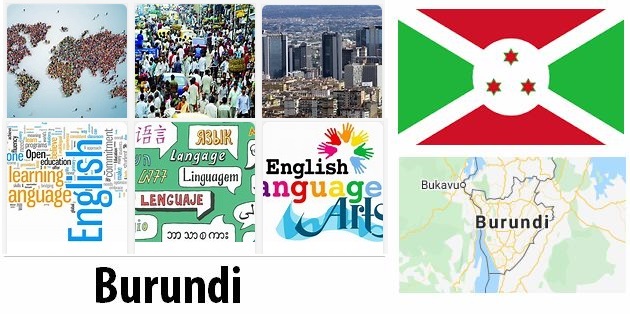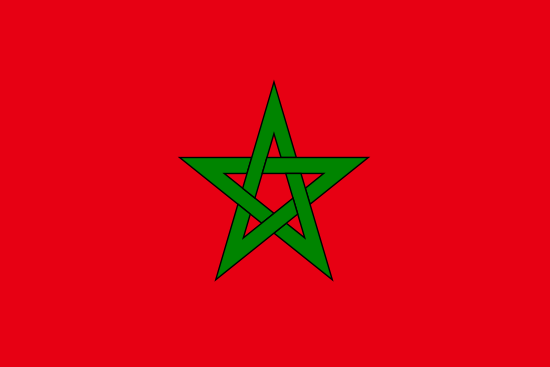Nigeria Foreigh Policy
Nigeria, the most populous country in Africa, plays a crucial role in shaping the continent’s political and economic landscape. Its foreign policy, shaped by historical, economic, and geopolitical factors, reflects its commitment to regional stability, economic development, and global cooperation. This essay explores Nigeria’s foreign policy in-depth, examining its historical context, key principles, regional engagement, economic diplomacy, and contemporary challenges.
Historical Context:
According to polyhobbies.com, Nigeria gained independence from British colonial rule in 1960, and its early foreign policy focus was on decolonization, anti-apartheid movements, and solidarity with other African nations striving for independence. Founding leaders such as Nnamdi Azikiwe, Obafemi Awolowo, and Ahmadu Bello played pivotal roles in shaping Nigeria’s foreign policy principles.
Key Principles:
- African Unity and Solidarity:
- Nigeria has consistently championed the cause of African unity and solidarity. It played a significant role in the formation of the Organization of African Unity (OAU) in 1963, now the African Union (AU), and continues to advocate for a united and integrated Africa.
- Non-Alignment:
- Nigeria has traditionally adhered to a non-aligned stance, avoiding alignment with any major power bloc during the Cold War. This policy aimed to maintain autonomy, promote peace, and pursue development without being entangled in ideological conflicts.
- Economic Diplomacy:
- Economic diplomacy has been a cornerstone of Nigeria’s foreign policy. With a focus on diversification and economic development, Nigeria seeks foreign investments, trade partnerships, and technological collaborations to boost its economy.
Regional Engagement:
- ECOWAS (Economic Community of West African States):
- Nigeria has actively participated in regional organizations like ECOWAS, aiming to foster economic integration, political stability, and security within West Africa. It has contributed to peacekeeping efforts in countries like Liberia and Sierra Leone.
- African Union (AU):
- Nigeria’s engagement with the AU reflects its commitment to continental issues. It has participated in peacekeeping missions, conflict resolution, and initiatives for sustainable development across Africa.
- Diplomatic Mediation:
- Nigeria has a history of diplomatic mediation in regional conflicts. Notable examples include efforts to resolve the crisis in Ivory Coast and Sudan, demonstrating its commitment to peace and stability.
Economic Diplomacy:
- Oil Diplomacy:
- Nigeria, as a major oil producer, has used its oil resources strategically in foreign relations. It engages in partnerships with oil-dependent nations, particularly in Asia and Europe, and seeks technology transfers and investment in its oil sector.
- Trade Partnerships:
- Nigeria actively pursues trade partnerships with countries worldwide. Its economic diplomacy includes efforts to diversify its export base, improve trade balances, and attract foreign direct investment.
- South-South Cooperation:
- Nigeria is a proponent of South-South cooperation, emphasizing collaboration among developing nations. This involves sharing experiences, technology, and resources for mutual development and empowerment.
Contemporary Challenges:
- Security Concerns:
- Nigeria faces security challenges such as insurgency, terrorism, and inter-communal conflicts, which impact its foreign policy. Regional cooperation is crucial to addressing these challenges, as seen in joint efforts with neighboring countries to combat Boko Haram.
- Economic Diversification:
- The need for economic diversification poses a challenge to Nigeria’s foreign policy. The country seeks to reduce its dependence on oil exports, requiring innovative strategies and partnerships to develop other sectors and attract diverse investments.
- Global Power Dynamics:
- Evolving global power dynamics, particularly the rivalry between major powers, present challenges for Nigeria’s non-aligned stance. Balancing relations with traditional partners, emerging powers, and regional neighbors requires nuanced diplomacy.
Nigeria’s foreign policy has evolved over the years, reflecting its commitment to regional stability, economic development, and global cooperation. From its early focus on decolonization and African unity to contemporary efforts in economic diplomacy and conflict resolution, Nigeria plays a significant role on the global stage. Despite facing challenges, the nation’s foreign policy remains dynamic, adapting to changing circumstances and contributing to the broader goals of peace, development, and unity in Africa and beyond.


